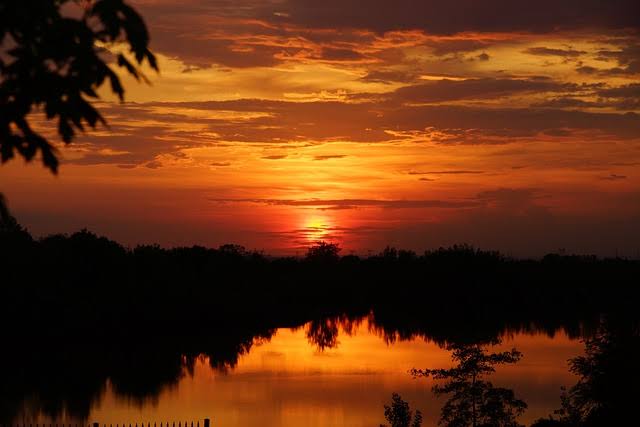Understanding heat waves: Can they occur in the Philippines?
As temperatures continue to soar, there is no denying that scorching days of summer are finally here.
In fact, the Philippine Atmospheric, Geophysical, and Astronomical Services Administration (PAGASA) already declared the start of the warm season and dry season last week.

READ:
Thus, comes this timely question. Could a heat wave hit the Philippines?
While hotter days are expected in the coming weeks, PAGASA explained that a "heat wave" --- which occurs when there is a five-degree Celsius (°C) increase for five consecutive days in the normal or average maximum air temperature of a certain area --- is unlikely to occur in the country.
Citing the World Meteorological Organization (WMO) for the definition of a heat wave, PAGASA's Climatology and Agrometeorology Division (CAD) Officer-in-Charge Ana Liza Solis assured the public that the Philippines may not experience heat waves unlike in other mid-latitude countries.
“Iyong heat wave mas applicable sa subtropical sa mid-latitude countries kasi nakararanas sila ng sobrang malamig at sobrang mainit so ibig-sabihin ang laki talaga ng variation ng temperature ng nararamdaman nilang discomfort (The heat wave is more applicable in subtropical or mid-latitude countries, as those are the ones experiencing too much cold or too much heat, so there is a wide variation in the temperature felt at a discomfort," Solis said.
However, Solis told the Manila Bulletin in a phone interview that in the Philippines, “heat extremes” or a 3°C increase for five consecutive days in the normal maximum air temperature, are possible.
She also noted that "heat extremes" may be experienced in Cagayan Valley.
'Slim' chance
While PAGASA's CAD Weather Specialist II, Dr. Marcelino Villafuerte II, also said that there is a “slim” chance for a heat wave to occur in the country, some precautions should be noted when "heat extremes" occur.
“I-protect natin ang sarili natin from prolonged exposure lalong-lalo na sa outdoor, iyong may direct na solar radiation, direct sunshine, makakadagdag pa iyon sa init na mararamdaman natin (Let's protect ourselves from prolonged exposure, especially outdoors, with direct solar radiation, direct sunshine; that can add to the heat we might feel)," Villafuerte said.
He also advised the public to drink water frequently to avoid adverse effects of heat, including heat exhaustion and heat stroke.